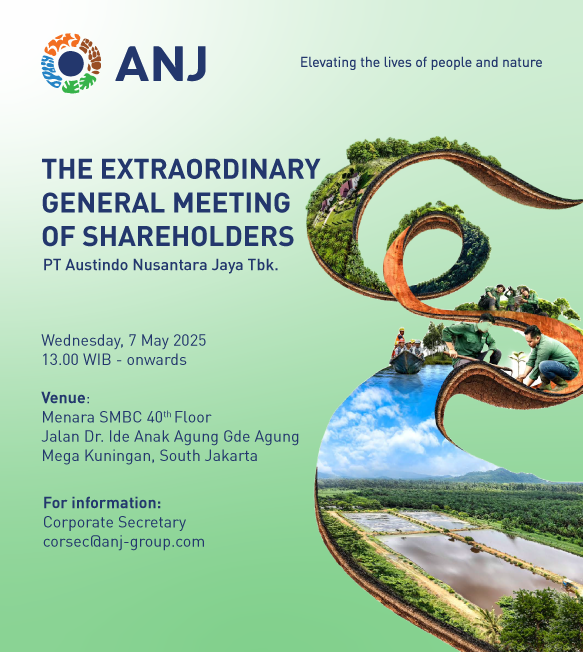


The agriculture sector contributes to GHG emissions from land-use change, oxidation of peat, fertilizer use, and the mills, including effluents such as palm oil mill effluents, and to a lesser extent, from vehicles. It is our responsibility to increase our efforts in reducing GHGs emissions following international best practices and standards.
In keeping with our commitments under the terms of RSPO, ISPO and ISCC certification, the Indonesian government regulations, the objectives of the Paris Agreement and GHG reduction targets, we have made corporate commitments to reduce our GHG emissions. Our group aspires to achieving net-zero emissions by 2030 following the RSPO P&C definition of net-zero as reaching carbon neutrality. We recognize that the meaning of net-zero is evolving, especially in the case of the forest, land, and agriculture sector, and we closely follow its developments. We will further specify our net-zero target, as well as the roadmap to reach it, when specific standards and guidance for our sector are established.
As a sub-target, we are aiming to reduce the GHG emissions intensity of our palm oil unit by 30%, compared to the 2015 baseline, by the year 2030. We have also set a target to increase our renewable energy portfolio to above 60% and to reduce our fossil fuel dependence by 20% by 2025.
Our net-zero commitment is under the responsibility of the Board of Directors with the Vice President Director directly tasked to deliver our GHG reduction targets to ensure we achieve our target by 2030. We embarked on the road to net-zero in 2014. Since then, we have implemented many climate mitigation projects that are reviewed annually.
Within this commitment and policy, we implemented several GHG reduction initiatives. Whenever possible, we are reducing diesel fuel use to power our mills by using recycled biomass from solid waste. We reduce emissions from Palm Oil Mill Effluents (POME) by implementing methane capture initiatives. We strive to reduce the usage of inorganic nitrogen fertilizers with composting initiatives and the application of drip fertigation technology. With regards to emission due to forest and land fires, our Sustainability Policy commits to Zero Land Burning as per the prevailing laws and regulations in line with RSPO, ISPO and ISCC principles and criteria. We have also put in place programs for forest protection from wildfire in the surrounding areas of our operations.
In 2023, our total company-wide greenhouse gas (GHG) emissions decreased by 48,751 Ton CO2 eq (17.8%) across all sectors, with a specific reduction of 23,239 Ton CO2 eq (11%) in our Palm Oil sector, compared to the figures from 2022. This reduction is primarily due to the reclassification of 740.72 hectares of peatland at ANJAS into non-peat land, based on the peatland remapping through the Loss on Ignition (LOI) testing in all blocks in 2023. In addition, the Company also reported a decrease in GHG emissions from the sago business, in line with the lower number of canal development at ANJAP compared to the total development in 2022.
The Company reported a total emission of 611,730 Ton CO2 eq from land use change for palm oil operations in 2023. We continue to reduce our GHG emissions and recorded the Scope 1 and 2 emissions intensity reach 1.0 Ton CO2eq/Ton CPO produced in 2023, compared to 1.31 in 2022 and 8.16 at baseline.
More about our GHG emissions performance can be found in our latest Sustainability Report.
To support our GHG monitoring, we developed an improved GHG Standard Operating Procedure (SOP) to consider the latest developments with regards to GHG. This includes improving our data monitoring system and GHG calculations to ensure the effective and efficient reduction of emissions. This new GHG SOP is implemented at the beginning of 2021.
(All statements and data are accurate as of 31 December 2023)